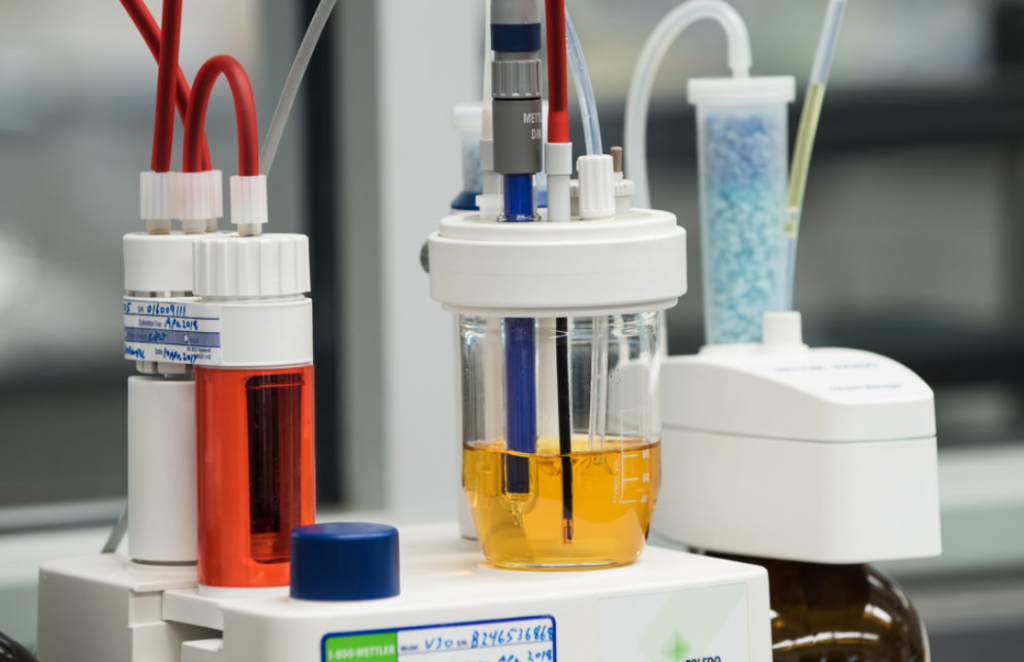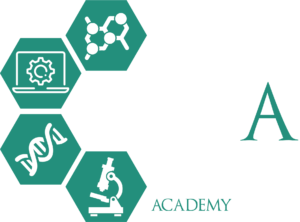PROGRAMMES & COURSES
Educational Offer
ARTA offers several short courses, international qualifications and home-grown tailor-made programmes at various levels through a blended learning approach involving e-learning and on-campus courses, as well as hands-on practicals and applications. All programmes are delivered by competent professionals who are leading experts in their respective field.
Whilst a number of these courses are not accredited or pegged to the Malta Qualifications Framework (MQF), some are in the process of undergoing accreditation* by the Malta Further and Higher Education Authority (MFHEA). Further details on the status of each course are given below. Should you wish to express your interest to register for these programmes, please contact us for further information.
* Accreditation is a form of certification in which the MFHEA will verify that an academic or vocational programme meets minimum academic and vocational standards. Accreditation ensures that the qualification a student works so hard to obtain meets quality standards and that it will be recognized as such by other educational institutions and employers. The decisive stage of accreditation is the mapping of the programme to the Malta Qualifications Framework (MQF) and the European Qualifications Framework (EOF). Further information on the MFHEA and the MQF/EQF may be obtained from www.mfhea.mt.
Programmes and courses offered by ARTA at different levels include the following areas of expertise:
- Natural, Life and Biomedical Sciences
- Quality Sciences
- ICT and Computer Science
- Forensics
- Management and Business Studies
- Arts and Culture

AWARD IN THE APPLICATION OF BIOTECHNOLOGY AND PHYLOGENESIS IN DRUG DISCOVERY AND DEVELOPMENT (MQF/EQF LEVEL 6)
This course aims to provide participants with a strong basis for scientific research in the fields of cell culture and analytical chemistry, applied to drug discovery and development. Apart from the theoretical components which will enable participants to acquire knowledge in the identification and characterisation of different molecules obtained from vegetal extracts and the effect of these molecules in vitro in various cell cultures, the course will also allows participants to observe and be directly involved in laboratory testing procedures.
* This course is accredited by the Malta Further and Higher Education Authority (MFHEA). Upon successful completion, students will be granted by ARTA an Award in the Application of Biotechnology and Phylogenesis in Drug Discovery and Development referenced to Level 6 of the Malta Qualifications Framework (MQF) and the European Qualifications Framework (EQF).

INTRODUCTION TO BIOTECHNOLOGY
This course is designed to acquaint students with the field of biotechnology. Topics covered include a history of the biopharmaceutical/
* This course is not accredited or pegged to the Malta Qualifications Framework (MQF).

BASIC TECHNIQUES IN CELLULAR AND MOLECULAR BIOLOGY
This course aims to introduce and familiarise students with the major concepts and theoretical principles of basic techniques used in cellular and molecular biology, as well as the basic practical skills needed to use fundamental laboratory methodologies. The course will be held in dedicated teaching laboratories and will provide students with hands-on experience and the practical skills needed in the basic techniques used in biochemistry, cell and molecular biology, as well as allow them to acquire the knowledge to correctly analyse and interpret experimental results.
* This course is not accredited or pegged to the Malta Qualifications Framework (MQF).

BASIC MICROBIOLOGICAL TECHNIQUES
This course aims to provide students with the basic knowledge on good techniques in practical microbiology and how to work safely with microorganisms and materials which can contain microorganisms. Lectures will cover key concepts and discuss examples from daily work and the application of law and regulations, whilst the practical component will deal with topics such as aseptic techniques, isolation techniques, identification and interpretation of results, amongst others.
* This course is not accredited or pegged to the Malta Qualifications Framework (MQF).

BASIC ANALYTICAL CHEMISTRY TECHNIQUES
This course introduces students to the principles of analytical chemistry and how these principles are applied in chemistry and related disciplines such as life sciences and environmental sciences. Students will explore a wide range of common techniques and methods used in modern analytical laboratories, including HPLC, mass spectrometry, spectroscopic and immunochemical techniques, etc.
* This course is not accredited or pegged to the Malta Qualifications Framework (MQF).

MICROBIOLOGY FOR NON-MICROBIOLOGISTS
This course is designed to give those who have no formal microbiological training an introduction to aspects of the subject, particularly personnel responsible for food production, quality assurance, regulatory affairs and engineering that have to make judgements, release products and take actions on the basis of the microbiological data supplied. The course is primarily hands-on, where participants are introduced to different types of microorganisms, study their properties, mode of control, counting and identification, as well as learn how to interpret microbiological data and the consequences these have for production.
* This course is not accredited or pegged to the Malta Qualifications Framework (MQF).

RESEARCH METHODOLOGY
This course covers the theoretical knowledge that constitutes research methodology and is organised around the operational steps that form the research process for both Quantitative and Qualitative research. It teaches participants how to design, conduct and document an effective scientific research project, including how to formulate a research problem, design research methods, sampling techniques and write a research proposal. The course also demonstrates how to collect, process, analyse and present data, as well as the steps required to write a clear and compelling research report.
* This course is not accredited or pegged to the Malta Qualifications Framework (MQF).

WATER SAFETY AND HYGIENE
This course deals with the regulatory, legislative and guidance requirements for the management of water safety and associated risks. It also covers water treatment, storage and its care. It is intended for individuals who are responsible for the strategic management and control of water safety within their organisation.
* This course is not accredited or pegged to the Malta Qualifications Framework (MQF).

SCIENCE FOR CHEFS
This course introduces participants to a number of basic scientific principles underpinning the methodology of cooking and food preparation, through the application of biology, chemistry and physics. The course provides a solid grounding in science and mathematics, where participants will learn how to rely on key scientific principles and use mathematics for a range of functions, from measurement to ratios to conversions, as well as appreciate the scientific basis of various recipes and be able to recognize the key ingredients and their combinations for preparing good healthy food.
* This course is not accredited or pegged to the Malta Qualifications Framework (MQF).

FOOD HANDLING COURSES (LEVELS A & B)
These courses are in accordance with L.N. 178 of 2001 and are ideal for people who either work indirectly with food, such as waiters, cashiers, bar staff, cleaners and food delivery (Level A) or people who are directly involved in the preparation and production of food such as chefs, pastry chefs, butchers, bakers, etc., (Level B). They are also suitable for people who would like to broaden their knowledge about food safety. These courses can be tailor-made for individual workplaces.
* This course is not accredited or pegged to the Malta Qualifications Framework (MQF).

HACCP COURSES
Our Hazard Analysis Critical Control Point (HACCP) courses can be tailored to specific work environments. The first course is based on a Level 1 course from the Royal Society of Public Health (UK), whilst the second course is based on a Level 3 course from the Royal Society of Public Health (UK) and EU Regulation 852 of 2004.
* This course is not accredited or pegged to the Malta Qualifications Framework (MQF).

INTRODUCTION TO TOTAL QUALITY MANAGEMENT
This course is ideal for workers at all levels, whereby it introduces participants to the core principles and management practices of TQM. It briefly explores the infrastructure and foundation that must be established in an organisation to successfully implement TQM and how this can be used as a tool to improve efficiency and effectiveness, as well as bring about an improved culture change within the organisation.
* This course is not accredited or pegged to the Malta Qualifications Framework (MQF).

QUALITY MANUAL WRITING – FUNCTIONALITY AND PRACTICALITY
This course is designed for people involved with quality management in their companies. It aims to help participants obtain a detailed understanding of a quality manual and the role it can play within an organisation to help meet customer requirements. It also covers the requirements and each of the sub-clauses in various standards such as ISO:9001, ISO:14001, BRC, IFS, etc.
* This course is not accredited or pegged to the Malta Qualifications Framework (MQF).

TRAIN THE TRAINER
This course aims to develop the ability of potential trainers to run productive and exciting courses. It is suitable for all levels of training experience and includes topics such as information delivery, understanding participants, identifying trainees’ learning style and competency testing. The course will also develop essential training skills and promote a clear understanding of how to teach effectively, leaving participants energised and well-equipped to deliver quality training sessions that will draw out the best input to get the best results from your audience.
* This course is not accredited or pegged to the Malta Qualifications Framework (MQF).

INTRODUCTION TO DIGITAL FORENSICS
This introductory course provides an overview of computer forensics, covering its concept, the common types of digital evidence and widespread digital devices, analysis and investigation techniques, legalities of digital investigations and the challenges investigators face during investigations. The focus of this course is to give students a basic understanding of the investigative procedures involving the examination of digital evidence, following proper search authority, chain of custody, validation, the use of validated forensic tools and reporting.
* This course is not accredited or pegged to the Malta Qualifications Framework (MQF).

ICDL START (ICDL MALTA)
This course is aimed at persons with no experience whatsoever of computers and the Internet. The modules of ICDL Start are the building blocks for digital literacy, describing essential skills and knowledge. The ICDL Start award consists of 2 modules: Computer & Online Essentials and Application Essentials. Students need to successfully complete both modules to be awarded the certification.
* This course is not accredited or pegged to the Malta Qualifications Framework (MQF). Upon successful completion of all modules, candidates will be awarded an ICDL Start certificate by the ICDL Foundation.

ICDL WORKFORCE (ICDL MALTA – MQF/EQF LEVEL 3)
This course is designed to build the digital skills of the modern workplace, where the modules covered will help employees and candidates demonstrate their effective use of technology with skills and knowledge that can be further developed by progressing to the ICDL Professional modules and beyond. The course consists of seven separate modules, 5 compulsory and 2 elective, covering computer theory and practice. To achieve the ICDL Workforce certificate, students need to successfully pass a test in seven modules.
* This course is accredited by the Malta Further and Higher Education Authority (MFHEA). Upon successful completion of all modules, candidates will be awarded an ICDL Workforce Certificate by the ICDL Foundation referenced to Level 3 of the Malta Qualifications Framework (MQF) and the European Qualifications Framework (EQF).

ICDL TECH (ICDL MALTA – MQF/EQF LEVEL 3)
This course is aimed at students who are interested in computing, engineering and science careers. In addition to the modules covering fundamental digital skills needed for the modern workplace, ICDL Tech includes additional modules to support the development of programming/coding skills. The course consists of seven separate modules, 5 compulsory and 2 elective, covering computer theory and practice. To achieve the ICDL Tech certificate, students need to successfully pass a test in seven modules.
* This course is accredited by the Malta Further and Higher Education Authority (MFHEA). Upon successful completion of all modules, candidates will be awarded an ICDL Tech Certificate by the ICDL Foundation referenced to Level 3 of the Malta Qualifications Framework (MQF) and the European Qualifications Framework (EQF).

ICDL PROFESSIONAL (ICDL MALTA – MQF/EQF LEVEL 4)
This course is designed to meet the needs of modern professionals in a range of sectors and develops an advanced level of skills for those with technology reliant roles. ICDL Professional is the logical progression for candidates who have achieved the ICDL Workforce (formerly known as ECDL Standard certificate) or ICDL Tech and who wish to further enhance their ICT skills and to demonstrate their competence in using computers at a higher level. The course consists of 3 compulsory modules and 2 elective modules. Each module in the ICDL Professional programme has been designed as a stand-alone certification in each respective area and candidates who successfully complete a module will be certified as advanced users in that particular application.
* This course is accredited by the Malta Further and Higher Education Authority (MFHEA). Upon successful completion of all modules, candidates will be awarded a ICDL Professional Certificate by the ICDL Foundation referenced to Level 4 of the Malta Qualifications Framework (MQF) and the European Qualifications Framework (EQF).

